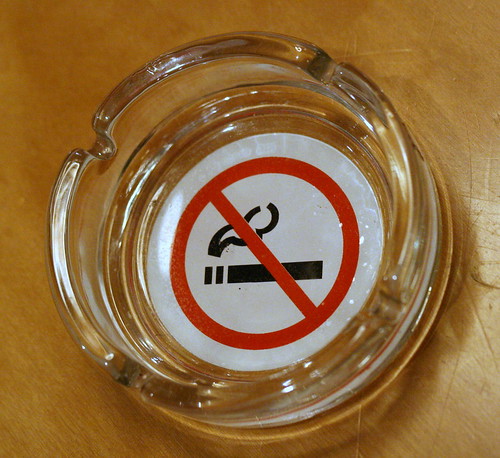Look closely friends. The weird feeling you are experiencing as your brain processes the meaning of the image above is called cognitive dissonance.
Cognitive= thoughts
Dissonance= disagreement, incongruity
Sometimes in life, we have experiences or come across information that just does not make sense. Here is another example:
How about this one?
Real life cognitive dissonance is powerful because unlike the simple pictures above, it activates emotions. The examples above are just silly pictures, but in the world, when we experience something about a person or relationship that conflicts with what we think we know about that person/relationship, we get confused. Sometimes this confusion even motivates us to do things to compensate for the resulting negative feelings. At its worst, Cognitive disosnance can land us in places we hoped we would never be.
Let's back up for a second and talk about assumptions. Each day you walk around the world making infinite assumptions about your environment. Some are helpful, like :
(always assume the need to look before crossing the road!)
Some assumptions are not helpful: "When are you due? ....oh... you're...not. sorry. "
As humans we tend to favor information that confirms and supports what we assume, regardless of the actual validity of the info. This is called confirmation bias and its one way that we avoid cognitive dissonance.
Cognitive dissonance feels bad. Its an unpleasant psychological arousal caused by conflicting information within ones mind. Think about betrayal. Most everyone has had an experience where you discovered someone close to you had done something that warranted mistrust from you, but you struggled with how to make sense of it because you thought they were trustable. You ask yourself: wait, was it just that one time? maybe there is a logical explanation? is this person actually bad even though you thought you knew them to be good? so confusing...
As humans, we pursue harmony and satisfaction. We like to be happy. Therefore, we resist and reduce dissonance through avenues such as denial, justification, and blame.
Carrots are healthy! (denial)
Our brain is so wired to resist this confusion we typically go to many lengths to even prevent it. Can you think of a person in complete denial about something harmful in their life? A classic example is the deeply substance addicted individual. Their refusal to seek sobriety is often due, at the core, to the inability to accept their personal failures because they cannot tolerate the negative emotions that reality imposes.
A recent ARTICLE about "the face of meth users" follow drug users across a span of 10 years to document the horrific physical effects of drug use:
Take a second and look into your mental mirror. Its likely that you don't see a face like the one above, but do you see or feel cognitive dissonance in your own life? Think about that habit that you just can't kick, or the relationship that really gets under your skin. How about the discussion that really ticks you off? What is it about that specific thing that makes you uncomfortable? If you examine it honestly you can probably start to identify where the core issue lies.
Minimizing cognitive dissonance in your life will definitely reduce negative emotions, and bring you peace. But- you have to be honest with yourself and work through that natural resistance to ignore and deny the stuff that makes you feel a little crazy.







No comments:
Post a Comment